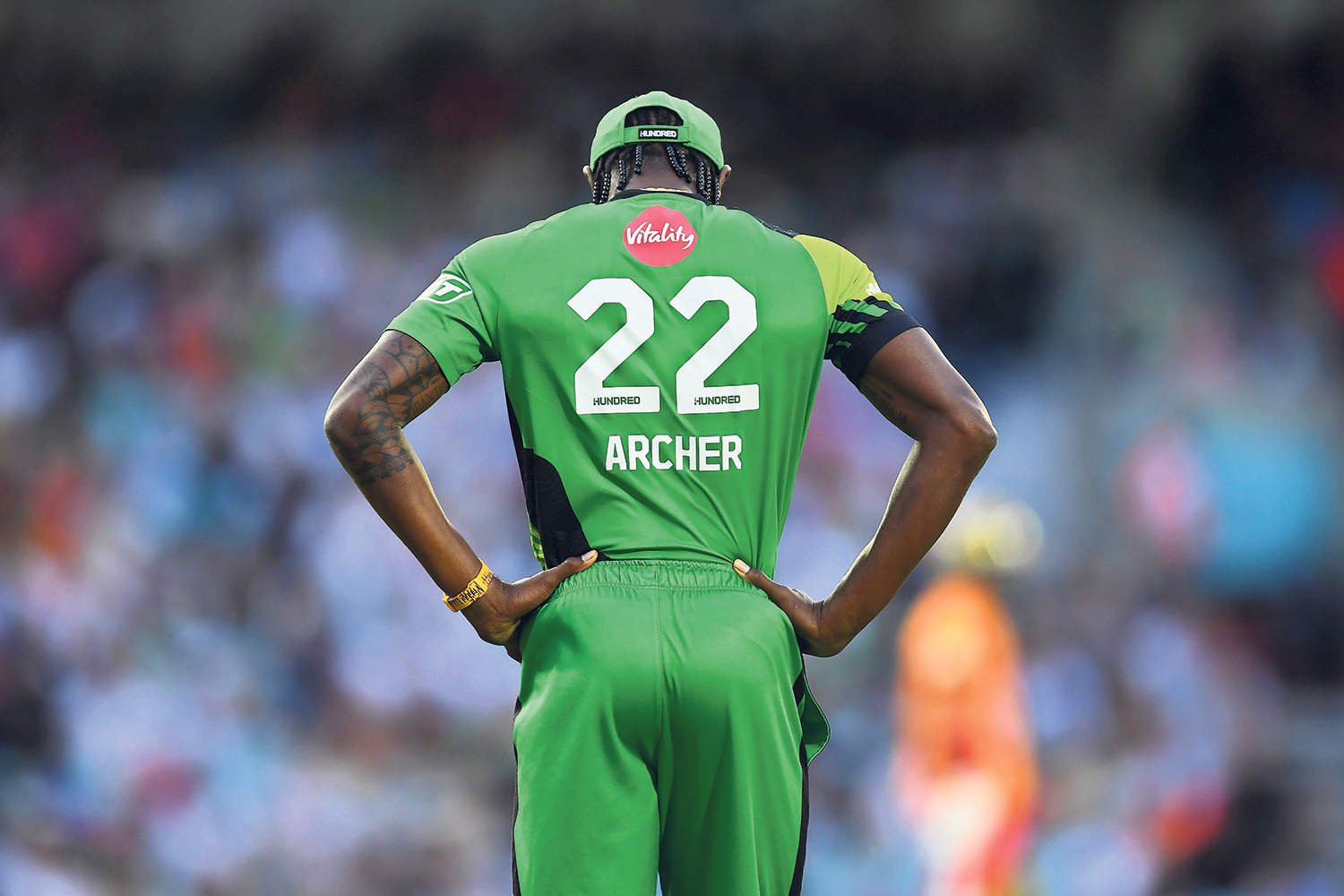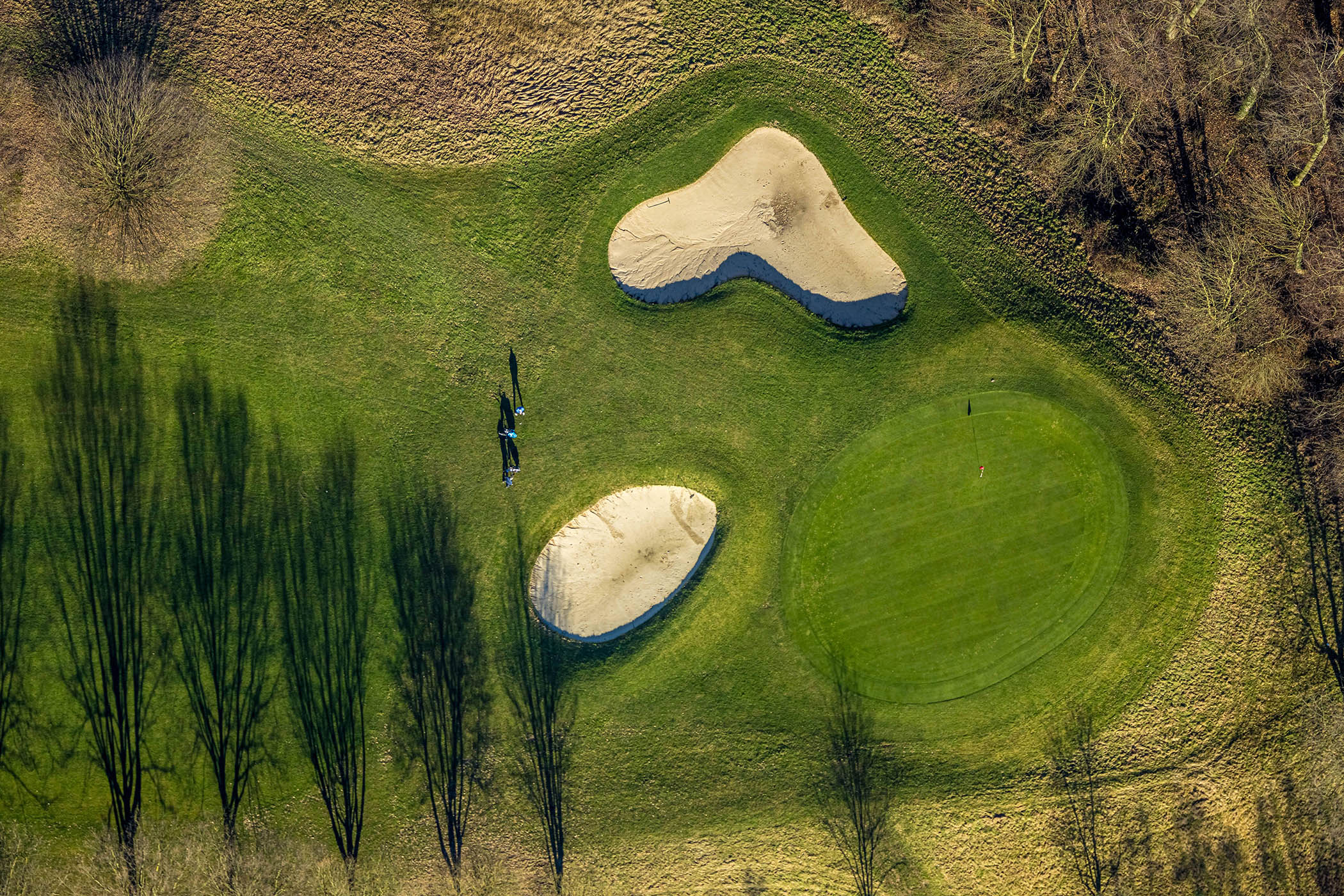After six months of tense negotiations after a rather more frantic live-auction process in January which those involved likened to speed-dating, six of the eight Hundred franchise sales were finally completed this week.
Kavya Maran, head of sport at Indian network Sun TV which has completed a 100% takeover of the Headingley-based Northern Superchargers, described the investment as “a gamechanger”, but there will be little sign of impending revolution when the sixth edition of the competition begins on Tuesday.
Some of the most influential business figures on the planet, the chief executives of Google and Microsoft, who have paid £145 million for 49% of London Spirit with Marylebone Cricket Club holding the other 51%, will be at Lord’s to check out their new purchase in a double-header London derby against Oval Invincibles. And ex-NFL superstar quarterback Tom Brady has been invited to Birmingham Phoenix’s first game against Trent Rockets at Edgbaston on Friday, as he is part of the Knighthead Capital group which now part-owns the franchise, along with Championship football club Birmingham City.
Little will change immediately, despite the England and Wales Cricket Board having over £419 million deposited into its bank account (the £100 million due from the sales of Oval Invincibles and Trent Rockets remains outstanding as they have yet to be completed). The Hundred is likely to look very different in 12 months, however, with the new investors eager to make changes.
Format
The 100-balls-per-innings format and abolition of six-ball overs were the most controversial elements of the Hundred when it was launched by the ECB four years ago, and seem likely to change. With four of the new investment groups already owners of Indian Premier League franchises, and another two involving Indian businessmen, there is a clear majority in favour of switching to Twenty20, the globally recognised short format.
The Hundred’s main broadcaster, Sky Sports, expressed reservations about moving to T20 when the idea was first floated two years ago and its contract runs until 2028, but the power of the new money may be enough to bring it around. The BBC would definitely prefer the shorter format as matches are easier to fit into their evening schedules, but the corporation is not contributing much to the £35 million-a-year joint deal with Sky, so will have less influence.
Intriguingly, the name of the competition is unlikely to change even if the 100-ball format is dropped, as the ECB has spent more than £100 million marketing it in a bid to bring in a new younger audience, which has been largely successful.
“The Hundred is a well-recognised cricketing term so there would be no issue in retaining it,” says ECB chief executive Richard Gould. “But any serious discussions about a new format have yet to begin.” While the ECB technically owns the competition, the eight franchises will have 16 of the 20 votes on the new Hundred board that will control its governance.
Related articles:
Finances
All of the £520 million-plus windfall will be handed over to the 18 first-class counties in the hope of ensuring their financial health for a generation. The grassroots game will receive a £50 million investment. Having been tied into ECB commercial contracts since the Hundred began in 2021, the franchises are now free to do their own deals, and given the contacts and expertise of many of the new investors, income levels are set to soar.
The so-called “tech titans” who have bought into London Spirit, for example, are already understood to have secured a lucrative new kit deal with Nike that will begin next season, while Sun TV and Reliance Industries (who are buying Oval Invincibles and own Indian TV monolith JioStar) are already working on new overseas broadcast deals.
Newsletters
Choose the newsletters you want to receive
View more
For information about how The Observer protects your data, read our Privacy Policy
“Cricket in England has been significantly underexploited for a long time,” says Jonathan Goldstein, a Chelsea director who is buying into Trent Rockets through his investment vehicle Cain International, which is co-owned by Todd Boehly. “As well as entertainment and individual advancement, sport is a platform for commercial opportunity, and the potential in the Hundred is huge.”
Players
In the short term at least most of the extra revenue will be spent on increasing the salary cap to attract better players in the hope of establishing the Hundred as the second-biggest short-form tournament after the IPL. With the top salary bracket for men’s currently £200,000 there is a lack of big names in this year’s competition, with Australian stars such as Mitchell Marsh and Glenn Maxwell preferring to play in the more lucrative Major League Cricket in the United States. The aspiration is to treble pay within the next few years. Recruiting Indian players would be a genuine gamechanger, but the Board of Control for Cricket in India is likely to continue blocking them from overseas competitions.
Teams
The investors have secured a veto on expanding the competition to 10 teams, which has been mooted by the ECB, so while new teams in the north east and south west will not be added imminently the identities of some of the existing franchises will differ from next season.
New names including the Manchester Super Giants have already been agreed, while despite some objections from Surrey the Oval team are likely to be rebranded as MI London, named after the Mumbai Indians, whose owners Reliance Industries Limited bought a 49% stake in the team. The Lord’s-based franchise is set to retain the name London Spirit.
Schedule
The optics of an injured Ben Stokes pulling out of the Oval Test after bowling himself into the ground in a five-match series with India being crammed into 44 days to keep August free for the Hundred were awkward for the ECB, which has already acknowledged this error. With few England players – and certainly no bowlers – likely to take part in the Hundred anyway, the schedule has been changed next year and England will play two Tests against Pakistan during the competition. From the moment the Hundred board sits for the first time in October, however, the new owners will be calling the shots.
Photo by Philip Brown/Getty


